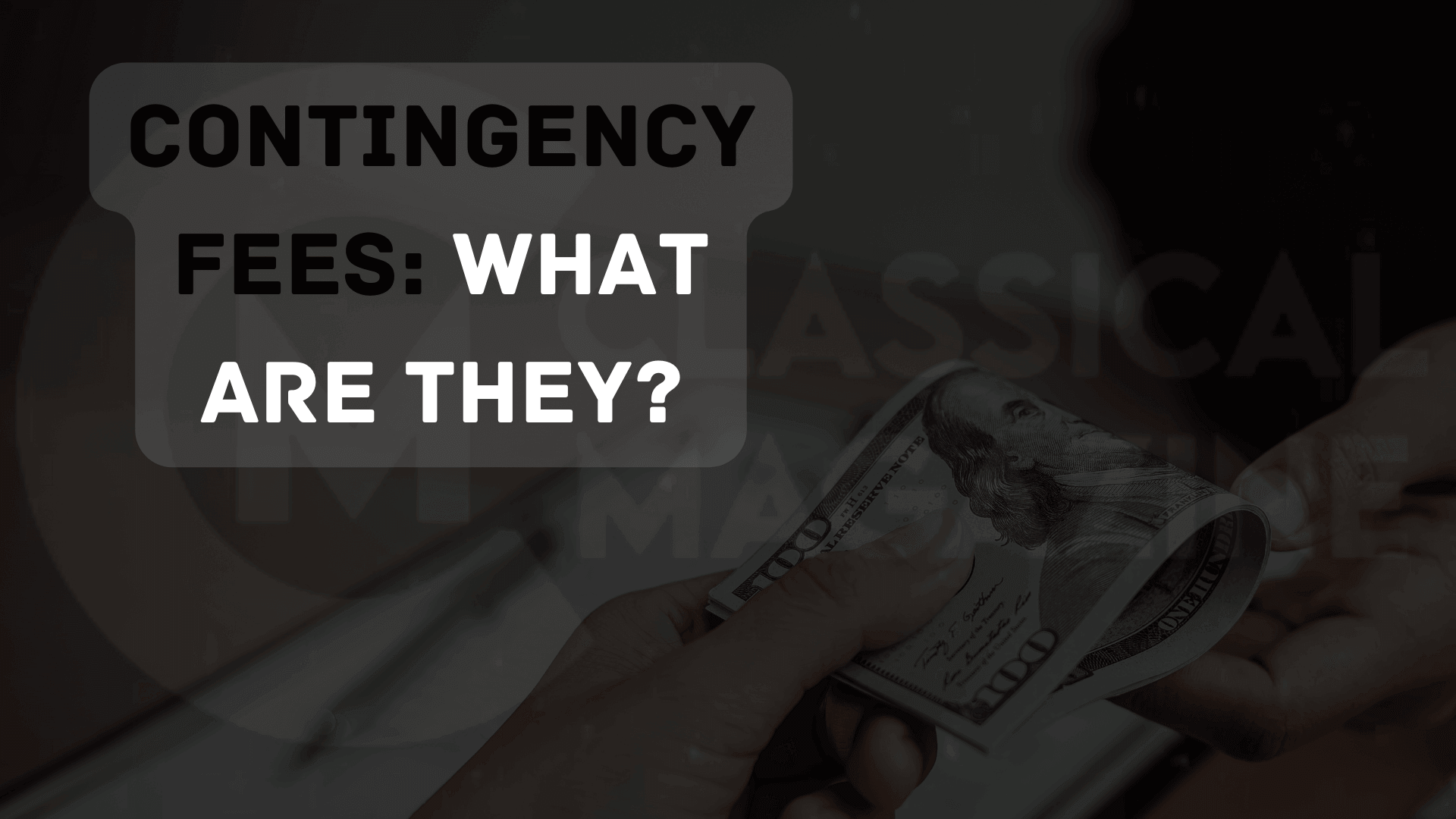You might need to file a personal injury lawsuit to obtain compensation if you suffer harm due to someone else’s careless behaviour. The only approach to guarantee that your case will be successful is to hire a personal injury lawyer in Salem, as these situations can be difficult. However, how about the cost of hiring a lawyer? Have you even got it in you?
Here, we’ll define a contingency fee and explain how it makes legal proceedings more accessible to everyone.
What a contingency fee is, and why it is necessary
The truth is that most people lack the resources necessary to fund a personal injury claim fully. Regrettably, the costs of bringing a civil personal injury claim against an at-fault party can be prohibitive, sometimes running into the hundreds of thousands. A successful claim involves a lot of costs, such as filing fees, paying expert witnesses, looking into the whole incident, and legal fees.
Attorneys who assist clients in successfully suing insurance companies and responsible parties usually accept cases on a contingency fee basis. In other words, the attorney will only be reimbursed for their costs if the claim is successful. The victim of a personal injury won’t be required to pay attorney fees if the case is unsuccessful.
An explanation of contingency fees
To get started with a pending personal injury case, a lawyer and a personal injury victim must agree on a formal contingency fee arrangement before they agree to work together on it. A contingency fee arrangement typically involves the attorney getting a certain percentage of the total settlement or jury award. This proportion typically falls in the 25 to 35% range, frequently falling in the middle.
Let’s imagine that a spinal cord injury victim seeks legal counsel from a lawyer after being involved in a commercial truck accident to demonstrate how this might operate in a real-life scenario. In the case of a 33% contingency fee, the lawyer will cover all upfront and out-of-pocket costs associated with the matter.
In this case, let’s assume that the lawyer gets their client a $1,000,000 recovery. In this instance, the client would earn $670,000 while the lawyer would receive $330,000.
We acknowledge that this could seem like a big salary for an attorney. However, this contingency fee is often accepted because the attorney paid for the entire case up front and assumed the risk of not winning it in the first place.













